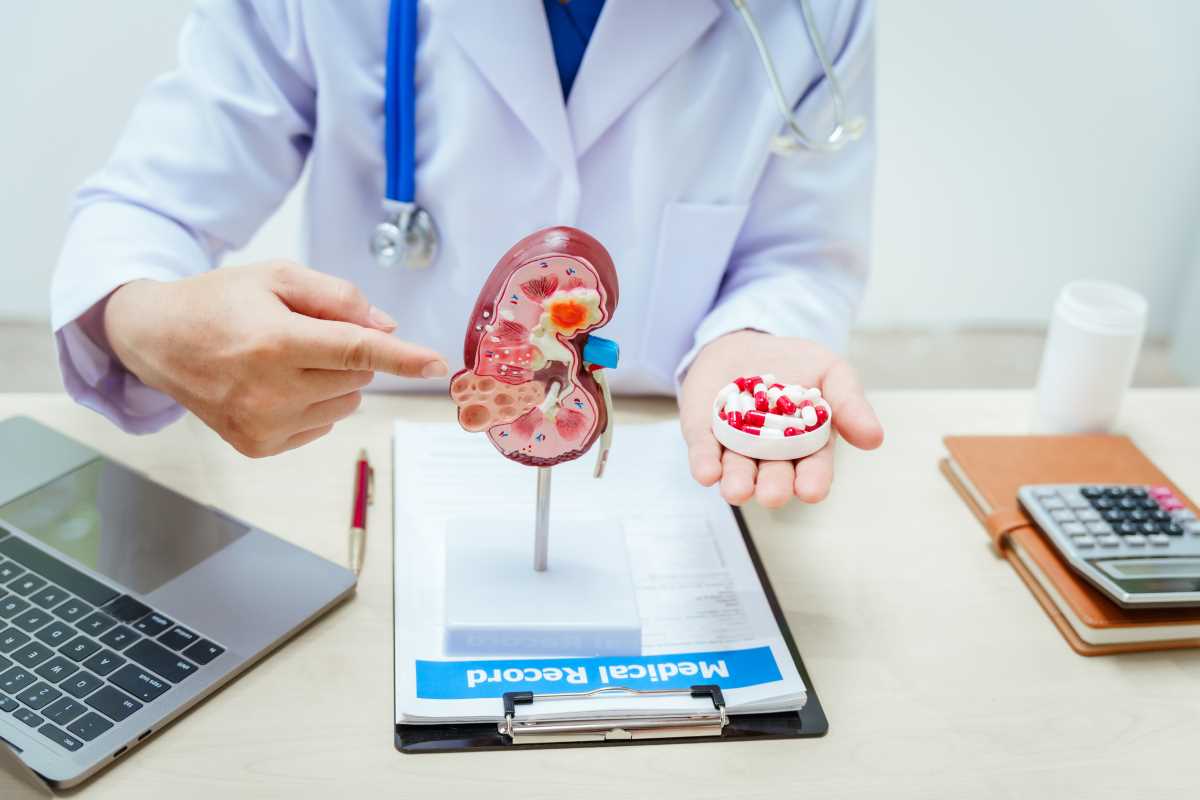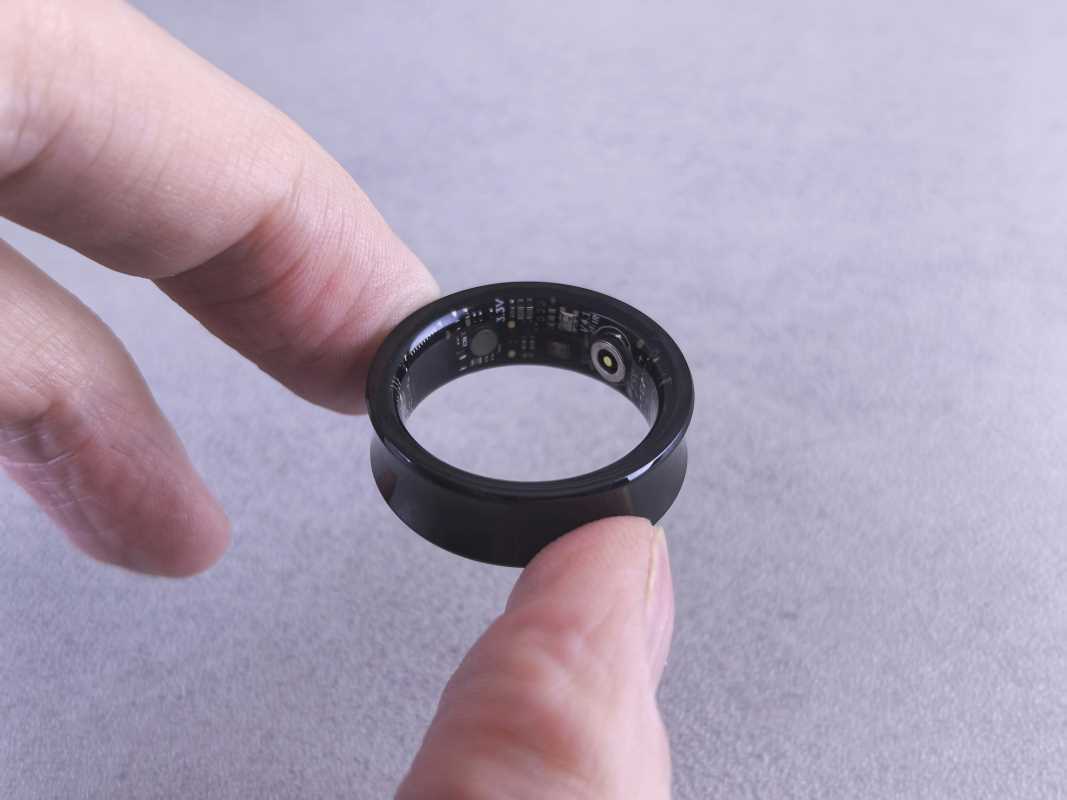Your kidneys work around the clock to keep your body in balance. From filtering waste and excess fluids out of your blood to helping regulate blood pressure and produce vital hormones, these bean-shaped organs play a big role in keeping you healthy. But when something goes wrong, your kidneys might not always send obvious warning signs right away. Chronic kidney disease (CKD) is a condition that often develops silently, with symptoms that can easily go unnoticed in its early stages.
Because CKD can lead to serious complications, including kidney failure, recognizing the early indicators is crucial. With timely action, you can better manage the condition and potentially slow its progression. This article will outline what CKD is, its early warning signs, common risk factors, and how you can protect your kidney health.
What Is Chronic Kidney Disease?
Chronic kidney disease is a long-term condition where the kidneys gradually lose their ability to function effectively. Normally, the kidneys filter out waste and toxins from the bloodstream and remove them through urine. But in CKD, damage to the kidneys reduces this filtering ability, causing waste to build up in the body over time.
CKD doesn’t happen overnight. It develops over months or even years, often as a result of underlying health problems like diabetes or high blood pressure. While CKD can’t always be reversed, catching it early can help prevent or delay kidney failure, where dialysis or a kidney transplant becomes necessary.
The tricky part? CKD often has no symptoms in its early stages. Many people aren’t even aware they have it until it’s more advanced. That’s why understanding the early indicators is key.
Early Symptoms of Chronic Kidney Disease
CKD’s early symptoms can be subtle and easy to overlook, but your body often gives you clues when something’s not right. Here are some of the warning signs to watch for.
1. Changes in Urination
Since your kidneys are directly involved in producing urine, changes in urination often signal kidney problems. You may notice:
- Frequency Changes: Urinating more often (especially at night) or less often than usual.
- Foamy or Bubbly Urine: This could be a sign of protein leaking into the urine, which is often a symptom of kidney damage.
- Dark or Cloudy Urine: Blood or waste buildup can affect the color of your urine.
- Difficulty Urinating: Feeling pressure or pain while urinating could also be an indicator of a kidney problem.
2. Fatigue
If your kidneys aren’t functioning properly, waste and toxins can build up in your body, affecting your overall energy levels. People with CKD often feel tired or run down, even after a good night’s sleep.
3. Swelling in the Hands, Feet, or Face
Healthy kidneys remove excess fluid from your body. When they’re not working well, fluid can build up, causing swelling (also called edema), particularly in the lower legs, feet, hands, or face.
4. High Blood Pressure
Your kidneys play a key role in regulating blood pressure. If they’re damaged, they may struggle to maintain this balance, resulting in high blood pressure, which can worsen kidney function.
5. Loss of Appetite or Nausea
Toxin buildup in the bloodstream can affect digestion, leading to nausea, vomiting, or a general loss of appetite.
6. Itchy or Dry Skin
Kidneys help maintain the right balance of minerals and nutrients in your blood. When they’re not functioning correctly, imbalances can lead to itchy, dry skin.
7. Muscle Cramps
Imbalanced electrolyte levels caused by kidney dysfunction can result in muscle cramps or spasms, especially in the legs.
While these symptoms might seem minor on their own, taken together, they could indicate a potential problem with your kidneys.
Risk Factors for Chronic Kidney Disease
Understanding what puts you at risk for CKD can help you take steps to protect your kidneys before problems arise.
Common Risk Factors
- Diabetes: High blood sugar can damage the blood vessels in your kidneys, making diabetes the leading cause of CKD.
- High Blood Pressure: Persistently high blood pressure puts strain on your kidneys, reducing their function over time.
- Family History: Having a close relative with kidney disease increases your own risk.
- Age: CKD is more common in people over the age of 60 because kidney function naturally declines with age.
- Heart Disease: Cardiovascular issues can worsen kidney health, as the two systems are closely linked.
- Obesity: Being overweight can increase your risk of diabetes, high blood pressure, and CKD.
- Frequent Use of Pain Medications: Overuse of certain over-the-counter pain relievers, like ibuprofen, can damage the kidneys over time.
If you have one or more of these risk factors, regular kidney health checkups are especially important.
Why Early Detection Matters
CKD is a progressive condition, meaning that it gets worse over time if left untreated. Early detection can make all the difference.
Benefits of Catching CKD Early
- Slows Progression: With early treatment, it’s often possible to slow down the disease’s progression, preserving kidney function for as long as possible.
- Prevents Complications: Untreated CKD can lead to serious complications like anemia, heart disease, and fluid overload.
- Improves Quality of Life: Managing CKD early can help you stay healthier and more active longer.
- Reduces Need for Dialysis: Early intervention reduces the likelihood that you’ll need dialysis or a transplant down the road.
Tests like a blood test (to measure creatinine levels) or a urine test (to check for protein) can help identify CKD in its early stages before symptoms become severe.
Tips for Preventing CKD
While not all causes of CKD are preventable, there are several steps you can take to reduce your risk and keep your kidneys as healthy as possible.
Key Prevention Tips
- Stay Hydrated: Drinking enough water helps your kidneys flush out toxins effectively.
- Keep Blood Pressure Under Control: Aim for a healthy blood pressure range (around 120/80 mmHg), and treat high blood pressure if needed.
- Manage Blood Sugar Levels: If you have diabetes, work with your healthcare provider to keep blood sugar levels in a healthy range.
- Eat a Balanced Diet: Focus on whole, nutrient-rich foods like fruits, vegetables, whole grains, and lean proteins. Limit sodium, processed foods, and sugary snacks.
- Be Physically Active: Regular exercise supports overall health, including your kidney function.
- Avoid Smoking: Smoking reduces blood flow and damages kidney tissues, increasing the risk of CKD.
- Limit Pain Relievers: Use medications like ibuprofen or aspirin sparingly and only as directed.
- Get Regular Checkups: Routine blood and urine tests can detect kidney issues early, especially if you’re at higher risk.
Taking these preventive steps now can go a long way in supporting your kidney health for years to come.
 (Image via
(Image via





